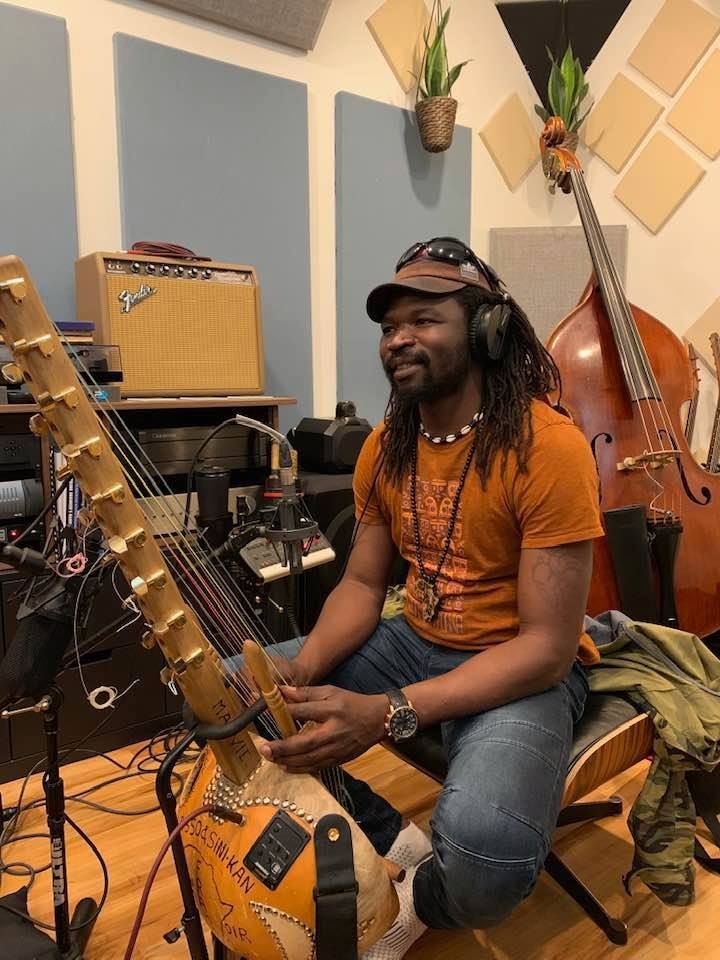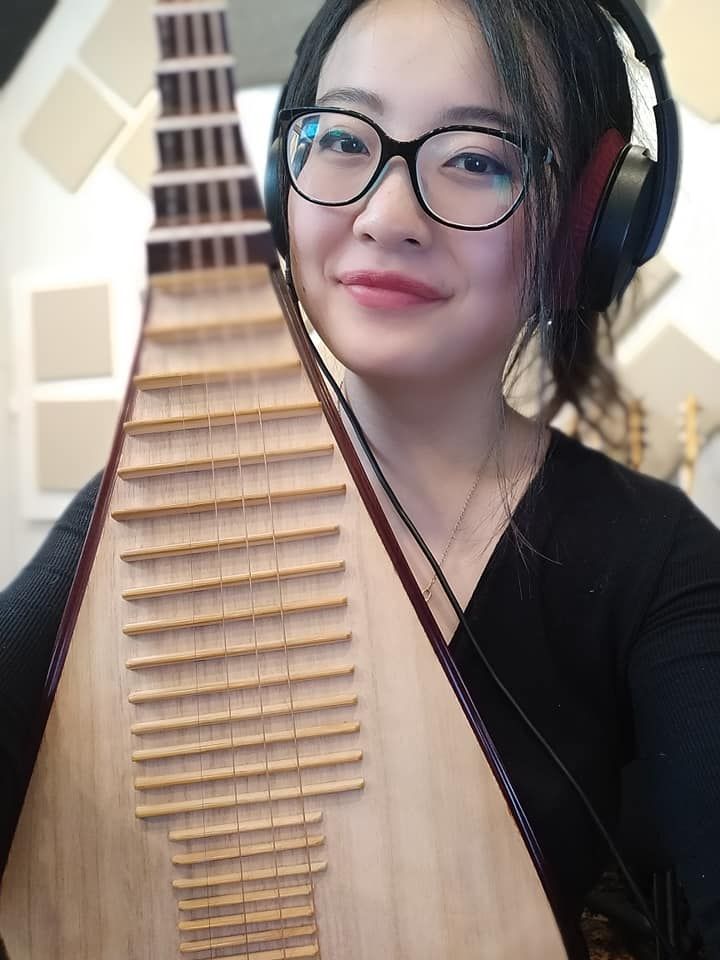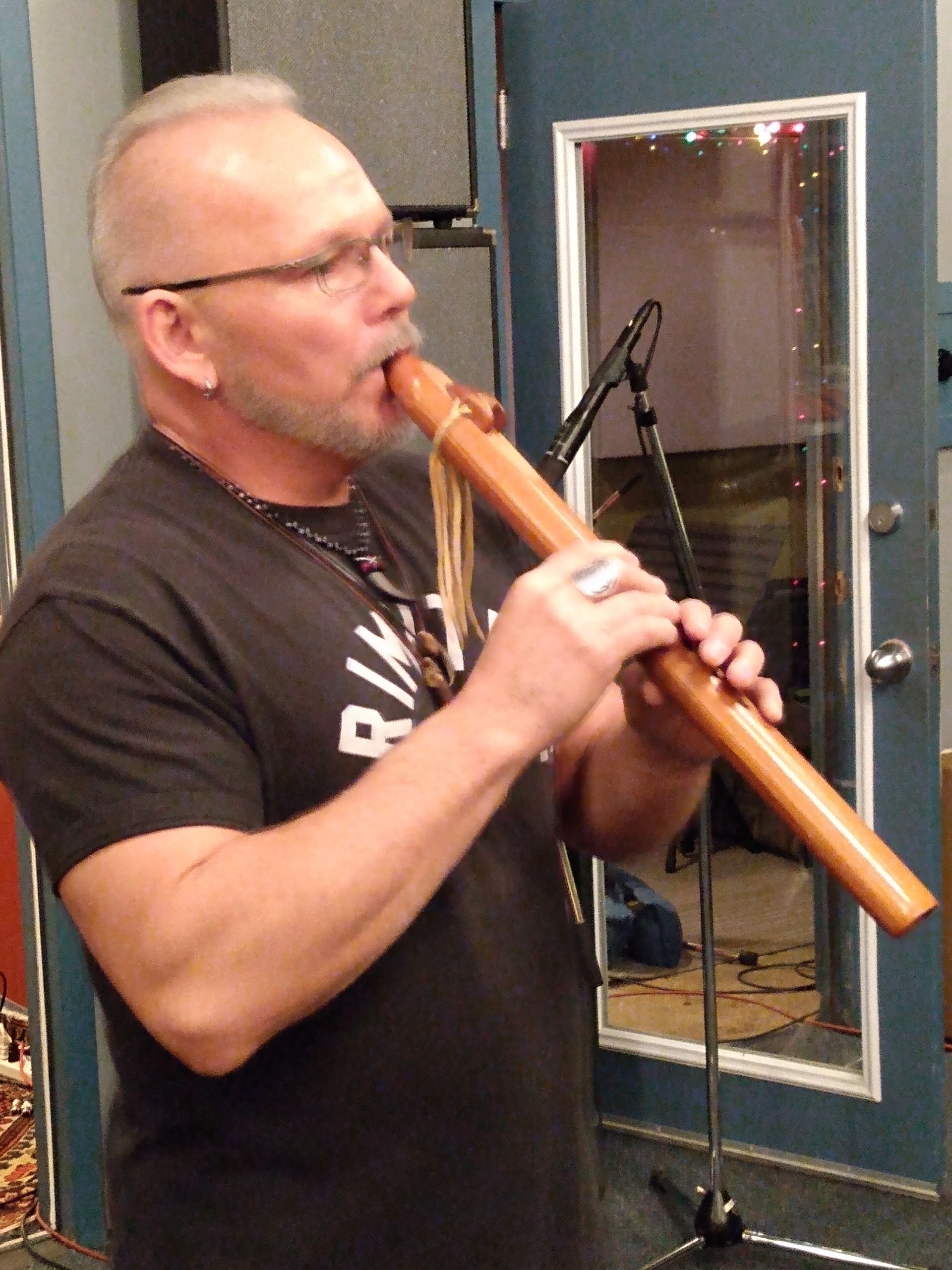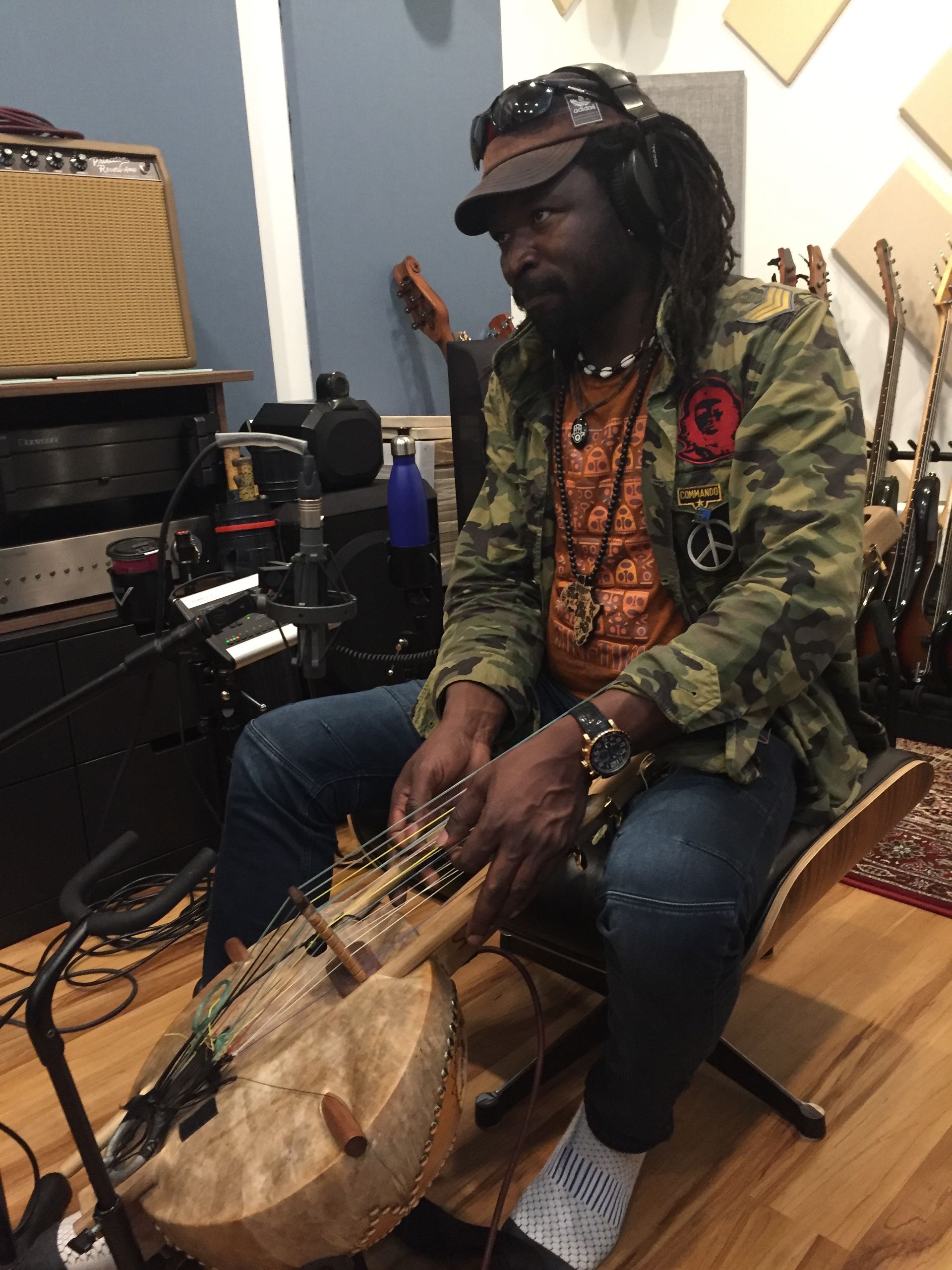Diverse Sounds
Diverse Sounds - Inter-Cultural Soundscapes at End of Life
Room 217 developed MUSIC CARE COLLECTION 3 - Diverse Sounds, to reflect Canada’s cultural diversity in palliative care settings through soothing, culturally sensitive music.
We hired 2 creative leads with backgrounds in ethnomusicology, music therapy, music production and world music with an extensive network of diverse master musicians living in Canada to produce the project.
In our collaborative process with expert musicians, cultural consultants and caregivers, we created 6 culturally themed albums including sounds from Africa, South Asia, South America, East Asia, the Middle East and Indigenous North America.
There were 4 key considerations:
- Sounds appealed to cultural specificity rather than songs. Sounds would be more widely accepted and used by people of all cultures.
- For each album, compositions were created after digging deep into the cultural meanings of soothing music, perceived instrumental healing sounds, music for the dying, and death and dying cultural rituals. Extensive focus groups guided each stage of musical development.
- Music was created in collaboration with master musicians from the respective cultures represented on the albums in order to be authentic.
- Music was co-created. Artists were fairly compensated and credited.
Our creative process also included research using a design called microethnography.
Read the full-length article - Music & Medicine | 2023 | Volume 15 | Issue 3 | Pages 143 - 154
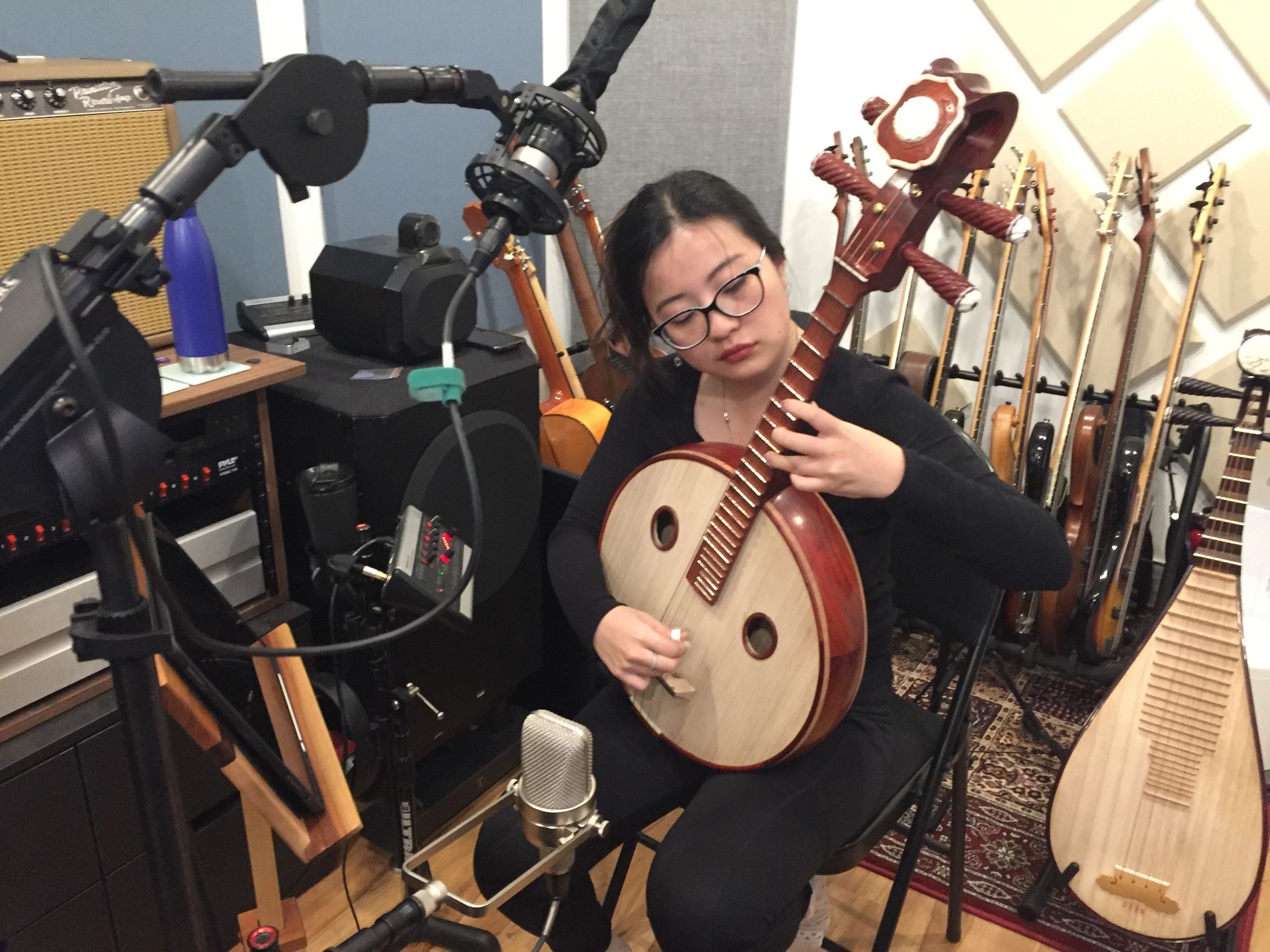
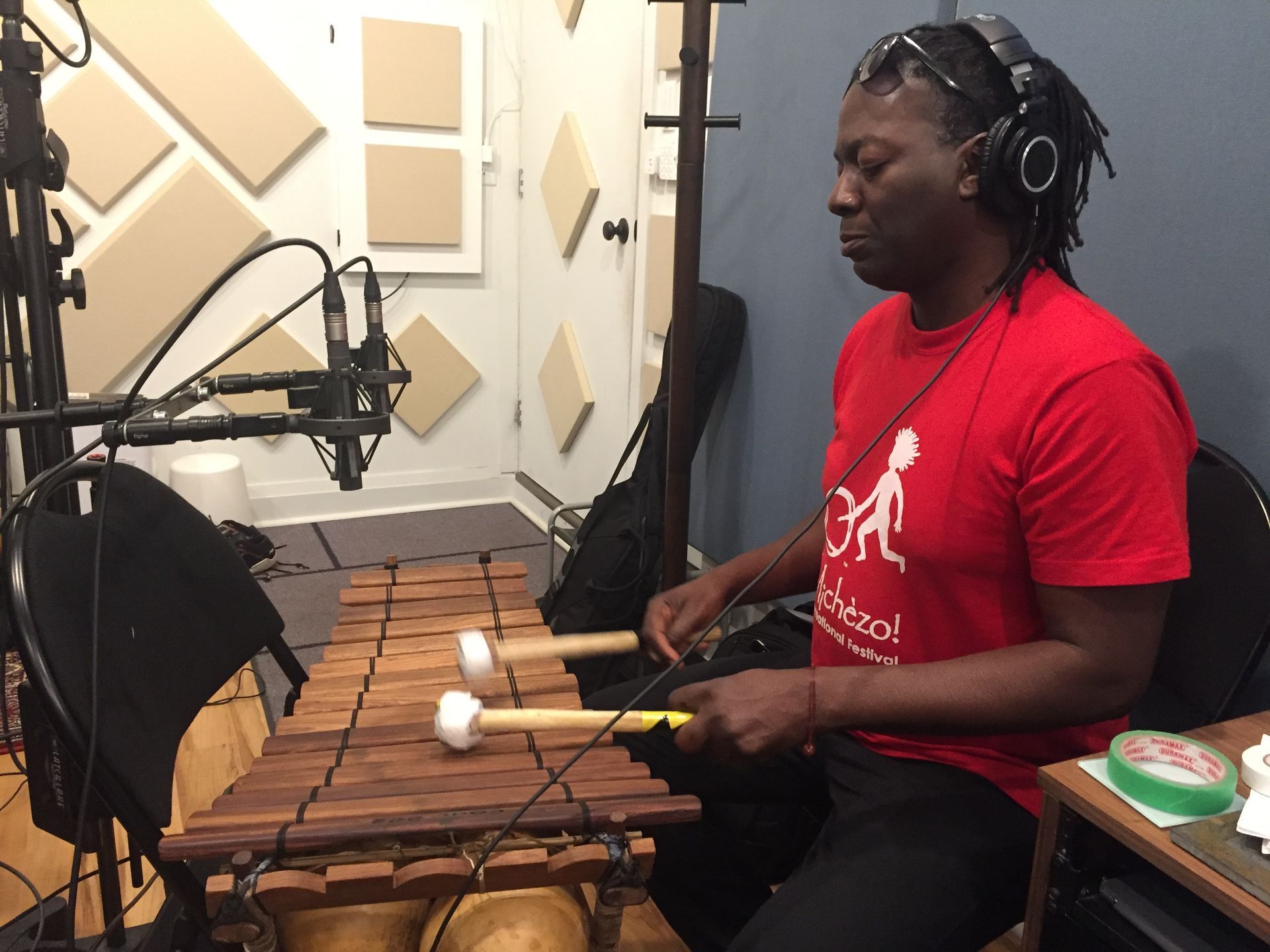
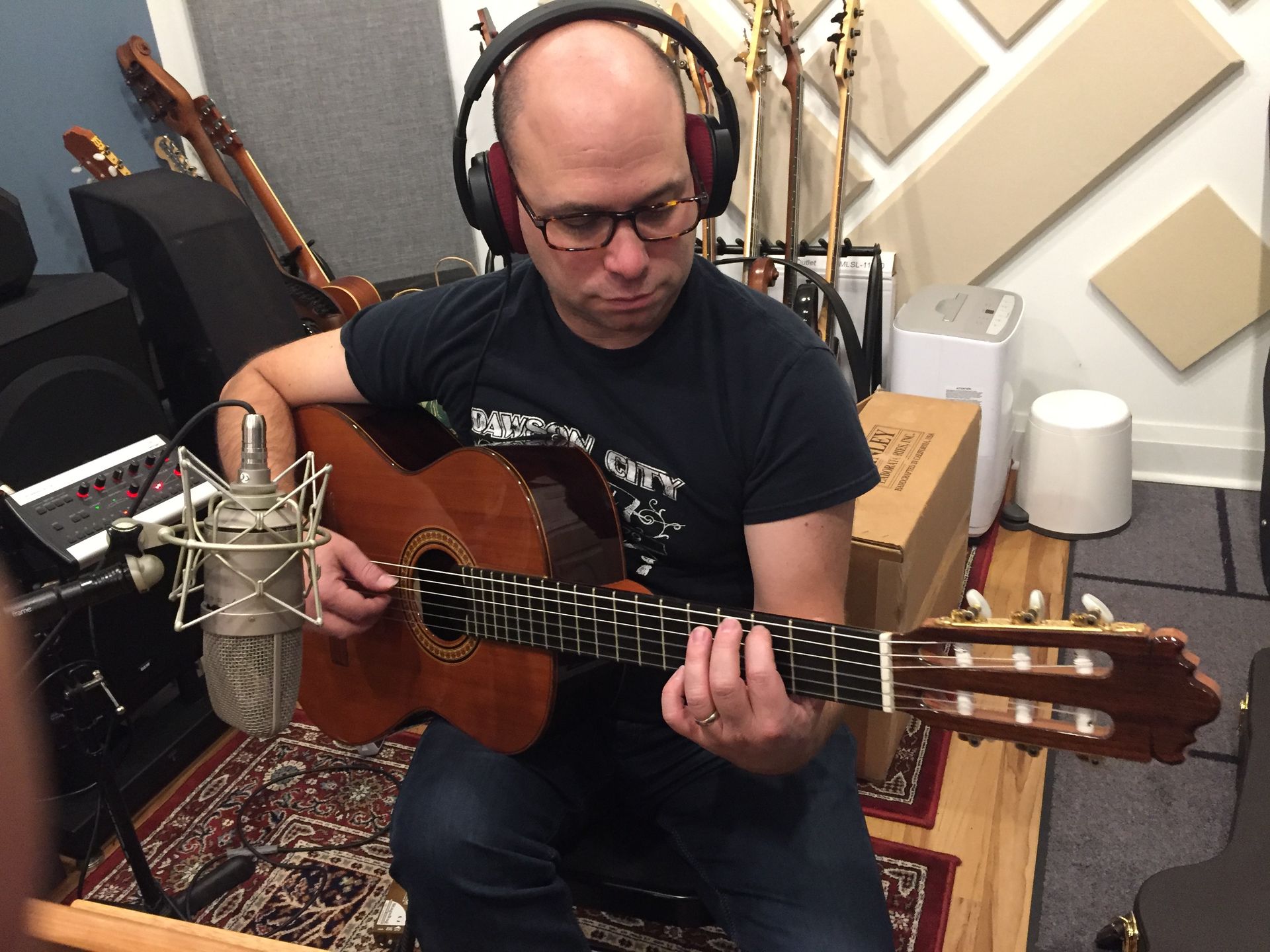
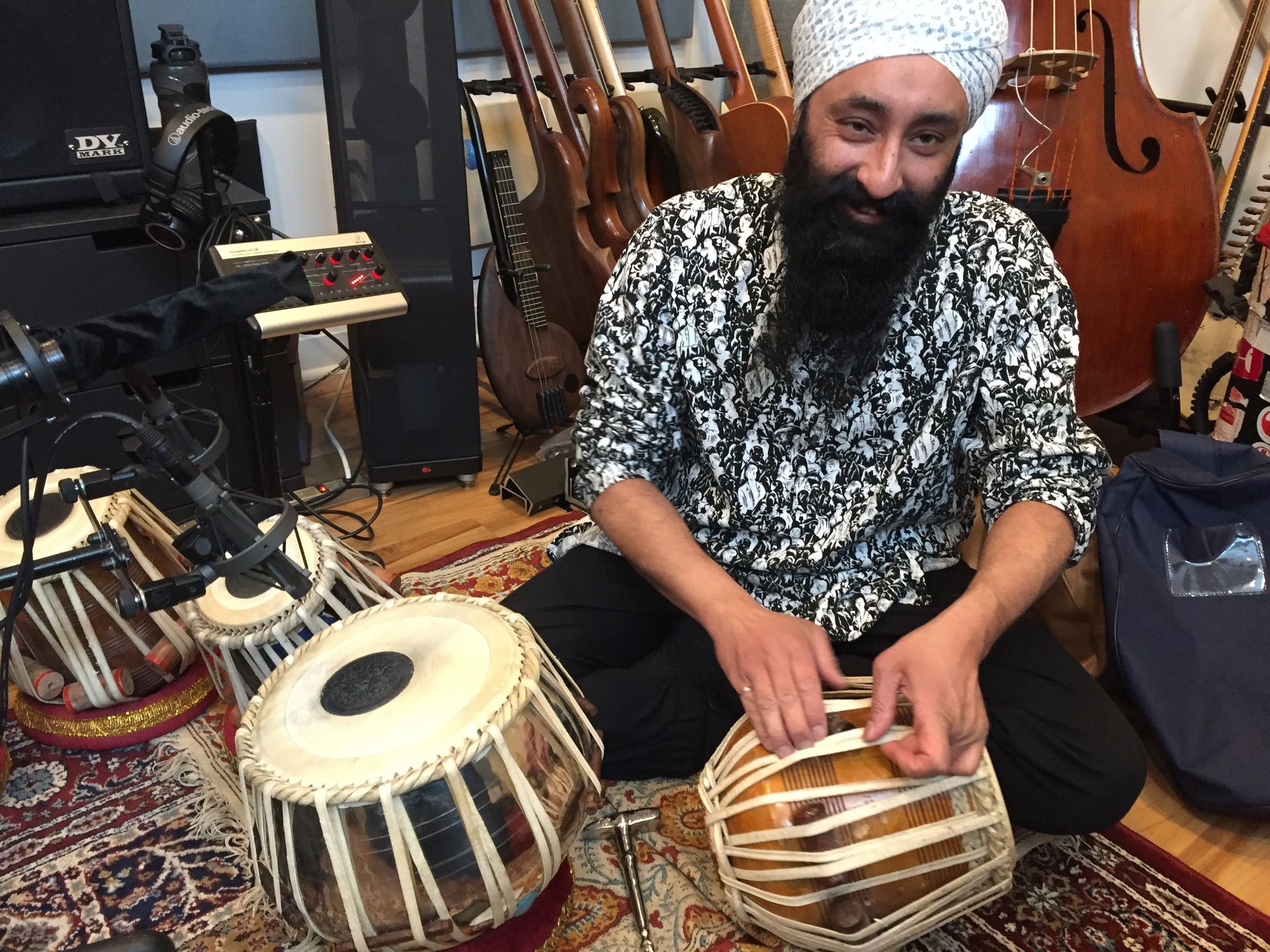
There were 5 key Learnings for our team.
- Cultural safety begins with cultural humility. We acknowledged our knowledge gaps. We established ethical best practices at the outset created a safe working environment i.e., artists were fairly compensated and credited.
- Ethical inter-cultural collaboration requires deep listening, mutual respect and commitment to equity practices. Recruiting and listening to multiple voices and perspectives means you have to remain open and flexible to accommodate unique recommendations of each focus group.
- We were aware of insidious appropriation. In music creation, appropriation can be understood as a dominant culture using musical elements of a minority culture without the appropriate respect, knowledge, permission, acknowledgement, and compensation. We simply addressed this directly in each focus group. We sought the approval and blessing from members of focus group and musical participants to ensure absence of appropriative practices through each phase of the process.
- Within every culture, there are musical distinctives. In each focus group, participants identified that there is no single musical paradigm that can adequately represent large geographical regions.
- The rewards of creating something together that is deeply respectful and authentic is something we are all proud of. We go somewhere together we cannot go on our own. The results are rich and meaningful.
